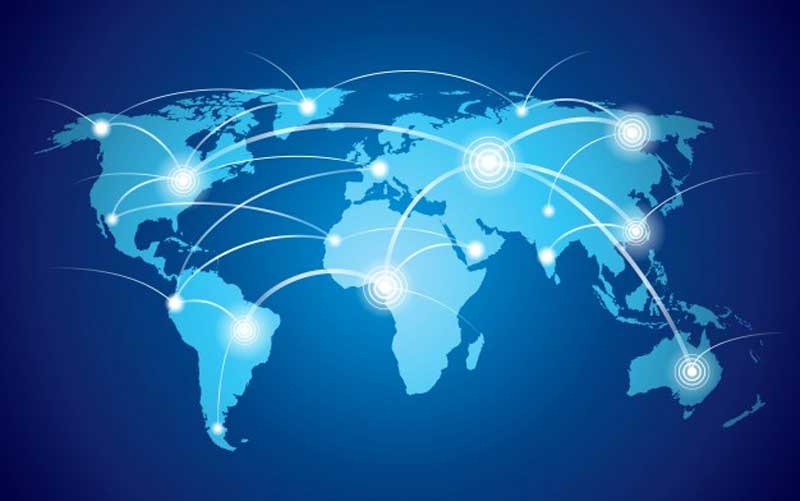
Starehe MP Charles Njagua, aka Jaguar, recently found himself in hot soup for calling on the government to forcefully deport foreign nationals who have taken up small businesses in Nairobi. Jaguar’s beef with the said foreigners is that they have dominated the Nairobi markets that should otherwise be a source of livelihood for Kenyans, and especially for his Starehe constituents. Accordingly, Jaguar allegedly called upon Interior Cabinet Secretary Fred Matiang’i to deport all Chinese nationals and other foreigners carrying out businesses in Gikomba within 24 hours, else they be forcefully removed.